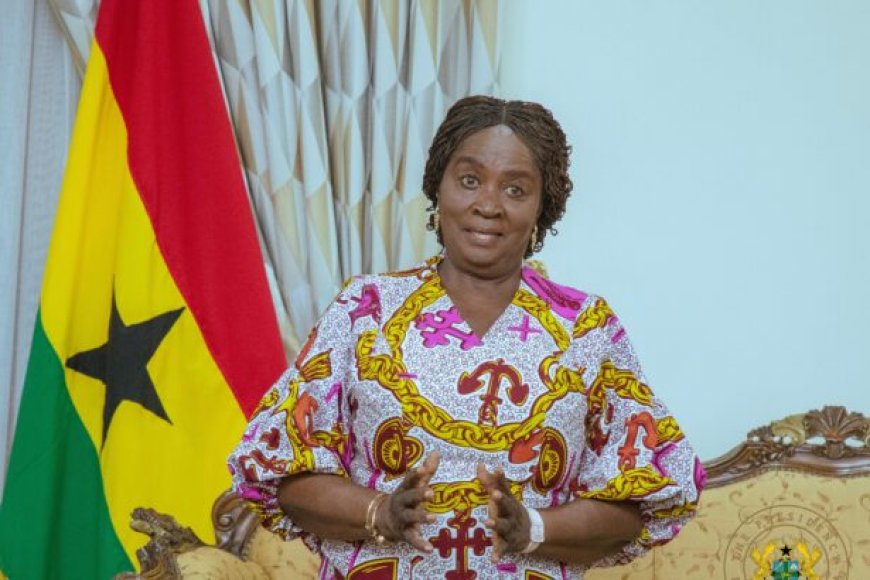Women must work hard for the gender equity we want – Vice President
In a recent address, Ghana's Vice President, Prof. Jane Naana Opoku-Agyemang, emphasized the critical role of women's active participation in achieving gender equity. She highlighted that while legislative measures are essential, the concerted efforts of women across all sectors are pivotal in realizing true equality.

This perspective aligns with Ghana's legislative strides toward gender parity. In July 2024, the Ghanaian Parliament approved a landmark affirmative action law aiming for equal representation in public service decision-making roles by 2030. The law mandates a 50% quota for women in ministries, administrations, security agencies, and local assemblies, with oversight by a committee led by the Minister of Gender Equality. Additionally, it introduces measures to enhance women's representation in education, health, and the private sector, including tax incentives for companies that comply with these quotas.
Despite these legislative advancements, challenges persist. Deep-seated gender stereotypes and societal norms continue to hinder women's full participation in various domains. The Vice President's call to action underscores the necessity for women to proactively engage and excel in their respective fields to dismantle these barriers.
Prof. Opoku-Agyemang's own career serves as an inspiring testament to this ethos. Prior to her vice presidency, she was a trailblazer in academia and public service. As Minister for Education from 2013 to 2017, she spearheaded transformative reforms, including the introduction of the Inclusive Education Policy in 2015, which ensured that children with special needs could access quality education alongside their peers. She also championed the conversion of polytechnics into technical universities and initiated the construction of Community Day Senior High Schools to improve access to secondary education in underserved areas.
The Vice President's message resonates beyond Ghana, reflecting a continental challenge. As of 2024, women's representation in African parliaments has seen a modest increase from 25% in 2021 to 26%. However, significant gender barriers persist, necessitating continued cultural shifts, enforcement of gender-equality policies, and persistent advocacy to ensure women's full participation in political processes across Africa.
In conclusion, while policies and laws lay the foundation for gender equity, the active involvement and relentless pursuit of excellence by women are indispensable. The Vice President's call to action serves as a powerful reminder that achieving true equality requires both systemic change and individual commitment.
What's Your Reaction?




















































































